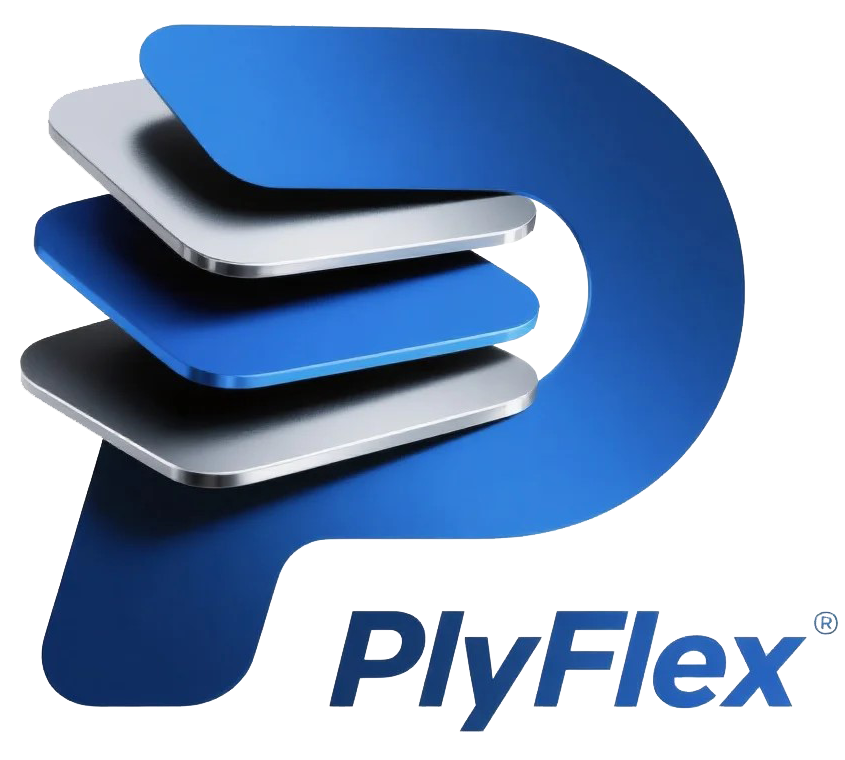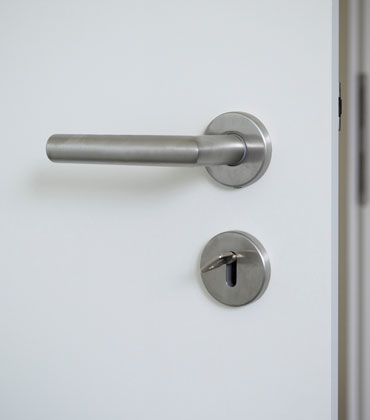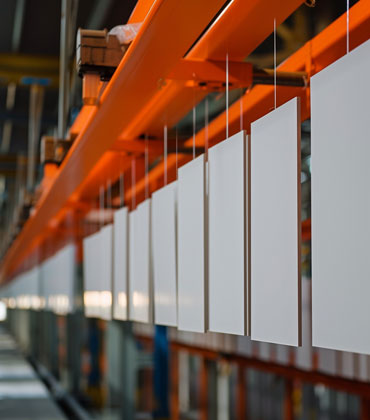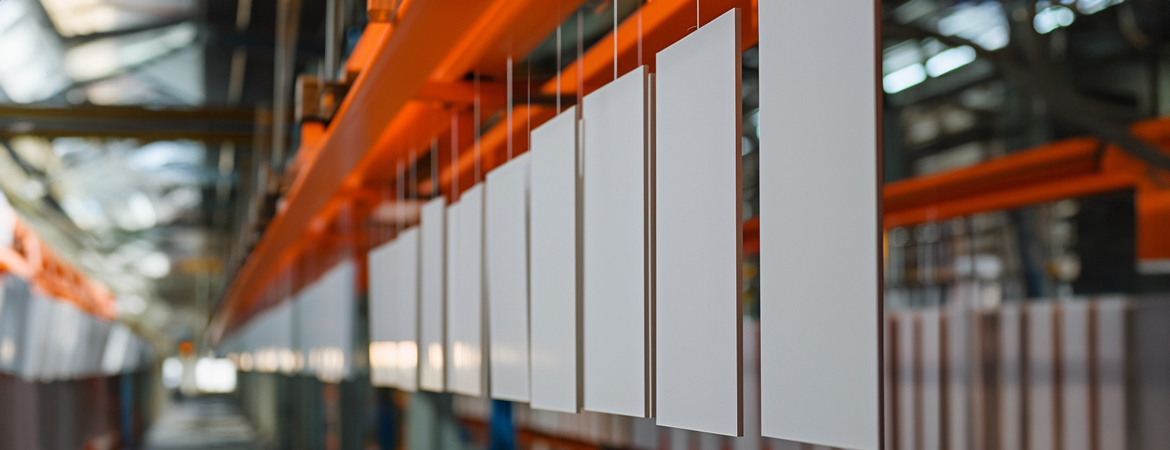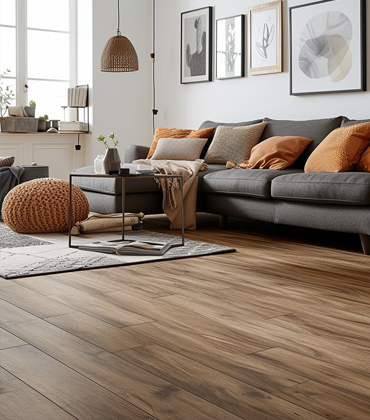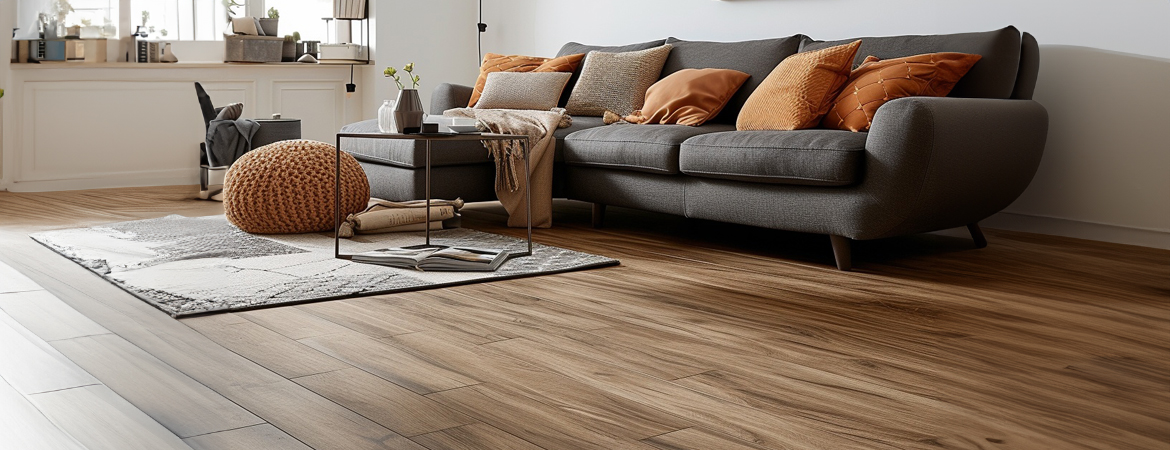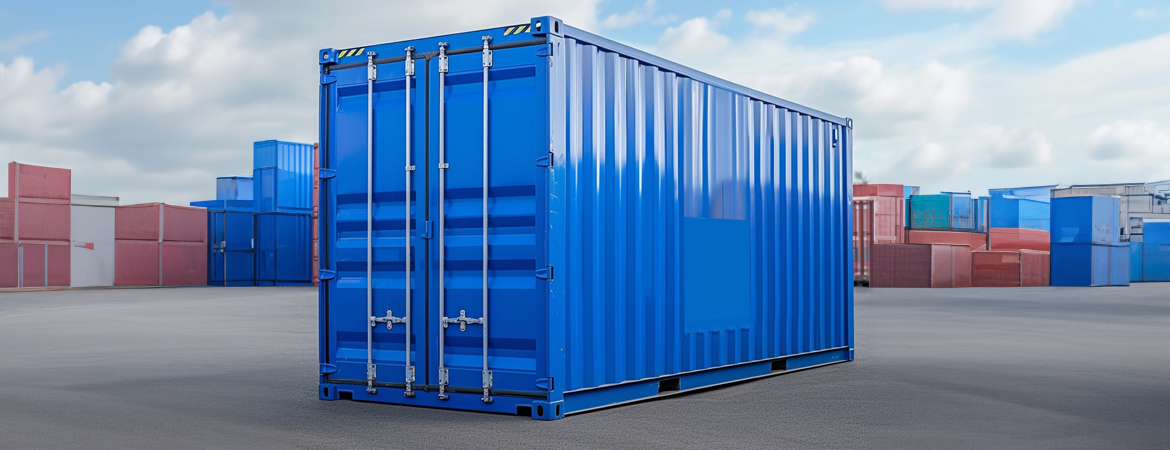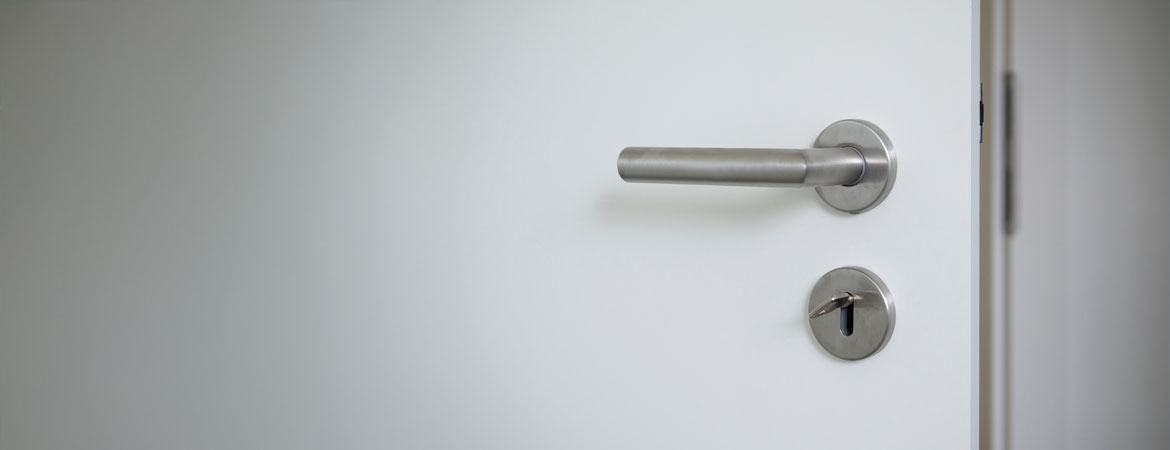
Türverkleidungen
Die Tür ist eines der wichtigsten Elemente, die die Anforderungen an Sicherheit, Privatsphäre und Ästhetik eines Raumes erfüllen. Heutzutage ersetzen jedoch haltbarere, leichtere und umweltfreundlichere Alternativen die traditionellen Türmaterialien. Hier kommen die Sperrholz-Verbundtürblätter ins Spiel! Diese Paneele, die ein Produkt der modernen Technologie sind, bieten sowohl eine benutzerfreundliche als auch eine umweltbewusste Option.
Vorteile der Verwendung von Verbundsperrholz in Türpaneelen
1. Wasser- und Feuchtigkeitsbeständigkeit
Türen sind häufig Wasser und Feuchtigkeit ausgesetzt, insbesondere in Küchen, Bädern oder Außenbereichen. Verbundsperrholz quillt in solchen Fällen nicht auf, reißt nicht und verformt sich nicht. Dank dieser Eigenschaft bietet es eine lange Nutzungsdauer.
2. Leichtigkeit und einfache Montage
Composite Plywood, das viel leichter ist als herkömmliche Türblätter, erleichtert den Montageprozess. Dank seiner Leichtigkeit reduziert es auch die Belastung der Scharniere und Türmechanismen.
3. Ästhetische Gestaltungsfreiheit
Mit Verbundsperrholz, das sich leicht auf CNC-Maschinen bearbeiten lässt, können verschiedene Muster und Strukturen auf Türblätter aufgebracht werden. Auf diese Weise können Sie Ihren Räumen eine ästhetische Note verleihen.
4. Hohe Dauerhaftigkeit
Türblätter aus Verbundsperrholz sind sehr widerstandsfähig gegen Stöße. Da es für den langfristigen Einsatz geeignet ist, wird es besonders an Orten mit starkem Verkehr bevorzugt.
5. Eine umweltfreundliche Option
Dank seiner recycelbaren Struktur schadet das Verbundsperrholz der Natur nicht. Dies ist ein großer Vorteil für Anwender, die ein umweltfreundliches Material suchen.
6. Wärme- und Schalldämmung
Türen sind nicht nur Übergangspunkte, sondern dienen auch als Dämmelement. Verbundsperrholz schafft einen komfortablen Lebensraum durch hervorragende Wärme- und Schalldämmung.
Wo wird es verwendet?
Türblätter aus Verbundsperrholz bieten hervorragende Ergebnisse in verschiedenen Anwendungsbereichen:
- Heimtüren: Es wird bevorzugt für Küchen-, Bad- und Zimmertüren verwendet, da es wasserfest und elegant ist.
- Büro-Türen: Dank seiner leichten Struktur ist er eine praktische Lösung für den Bürobereich.
- Außentüren: Es wird als langlebiges Material für Außentüren verwendet, dessen Struktur resistent gegen Feuchtigkeit und Witterungseinflüsse ist.
Moderne Türlösungen mit Verbundsperrholz
Im Einklang mit der sich entwickelnden Technologie und den sich ändernden Bedürfnissen der Benutzer zeichnet sich das Verbundsperrholz als das Material der Zukunft für Türverkleidungen aus. Dieses Material bietet Eleganz und Funktionalität zugleich und ist die ideale Wahl für alle, die eine dauerhafte Lösung suchen.
Wenn Sie Ästhetik und Langlebigkeit in Ihren Wohnräumen vereinen möchten, können Sie sich für Türblätter aus Verbundsperrholz entscheiden. Sparen Sie Zeit und Geld und treffen Sie auf eine langlebige und umweltfreundliche Lösung!
